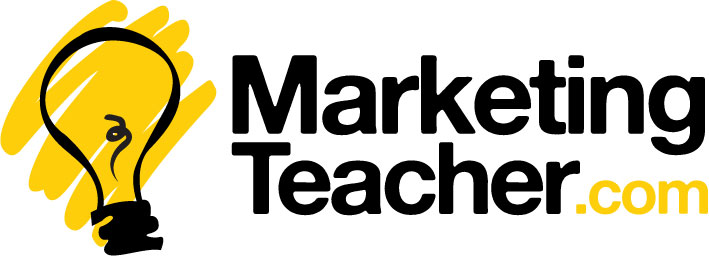Digital Marketing Communications.
Digital marketing communications are essentially the digital marketing equivalent of the traditional marketing communications mix. Traditionally the off-line world would employ a marketing communications mix which included public relations, advertising, sponsorship, personal selling, direct marketing, and sales promotion (amongst other tools such as exhibitions, trade shows and so on).
Digital marketing communications will employ some or all of these tools which are adapted to the online marketing challenge. There will of course be new and innovative online tools which are also employed within the digital marketing communications mix. The online equivalents are known as digital media channels, and are employed in many online and off-line campaigns. Digital marketing communications tools will include display ads, pay per click advertising, search engine optimisation, and affiliate marketing amongst others. Marketing teacher will explore these and others, let’s not forget the importance of social media marketing as well.
The Digital Marketing Mix, or Main Types of Media Channels.
Social media marketing
Social media marketing is all marketing which goes on within social networks such as Facebook, Twitter, LinkedIn, MySpace, and many more. For example Facebook has quite a complex social media advertising program, which allows the advertiser to focus on over 1 billion people, based on their location, age and other attributes. There are other sections on marketing teacher with more detail on Facebook advertising programs.
Opt-in e-mail marketing
Opt-in e-mail marketing is exactly what it says on the tin. Visitors or clients are encouraged to opt in, or in other words sign up for an e-mail newsletter. It is that simple! The idea is that participants opt-in with permission, rather than simply being added to a database without their knowledge. This is also known as permission marketing. Again Marketing Teacher has plenty of information to help you learn about e-mail marketing.
Display advertising
Display advertising is often the first type of advertising that springs to mind when thinking about the Internet; display advertising is simply the adverts that you see when you visit any website. Examples could include banner adverts which run across the top of Page, or far more rich and complex adverts such as video adverts; many of the banner adverts and display adverts that you see are part of large programs such as Google AdWords, or similar.
Online PR or Digital PR
Online public relations, or Digital Public Relations (DPR), tend to be digital marketing communications which encourage a positive perception or profile of your business or organisation. There are lessons on public relations on Marketing Teacher if you need a refresher! However the business will be aiming to generate positive blogs, re-tweets, Facebook shares, and similar online PR. Be aware that PR whether online or off-line does have a cost, and public relations is not free. In order to generate favourable content written on your behalf, there is a large investment in terms of effort and cash. Your online public relations might be a mention on a news channel, either in text or video, you might also receive positive commentary on podcasts, although these are becoming less popular. Viral campaigns whereby an interesting or entertaining fact or video is circulated by e-mail or social networks is probably a better example of a contemporary public relations approach. There are examples of viral marketing on Marketing Teacher.
Search engine marketing
Search Engine Marketing, or Search Engine Optimisation SEO, employ marketing tools which attempt to gain the best position possible for your business in search engines such as Google or Bing. Once you have attracted a new visitor, the positioning of text or Calls-To-Action (CTA) will keep a visitor on your site for longer, and will start to move them along your marketing tunnel.
Other online relationships
There are a number of other online relationships which come under the heading of digital marketing, or digital media channels. These will include an array of other approaches. Here are some popular examples:
• Price comparison sites where the cost of holidays, insurance and other consumables are compared. Obviously some comparison sites are more open and honest in terms of the results that they deliver, whilst others are less so.
• Affiliate marketing sites are also quite interesting to study and do tend to generate some niche income from many small sites. Amazon has a very successful affiliate program whereby small site owners can place code upon their site to advertise books which Amazon sources and delivers. So you might have a website which focuses upon market gardening, and you might advertise books which explain how to grow tomatoes.
• Link building is also often considered a way of developing online relationships; however be very cautious with this. Google especially considers strong or informed links to your website as a benefit when deciding upon your position within search results. Obviously many Webmasters have caught on to this and tried different linking strategies to falsely claw their way to the top of the search engine results. All links need to be natural.
